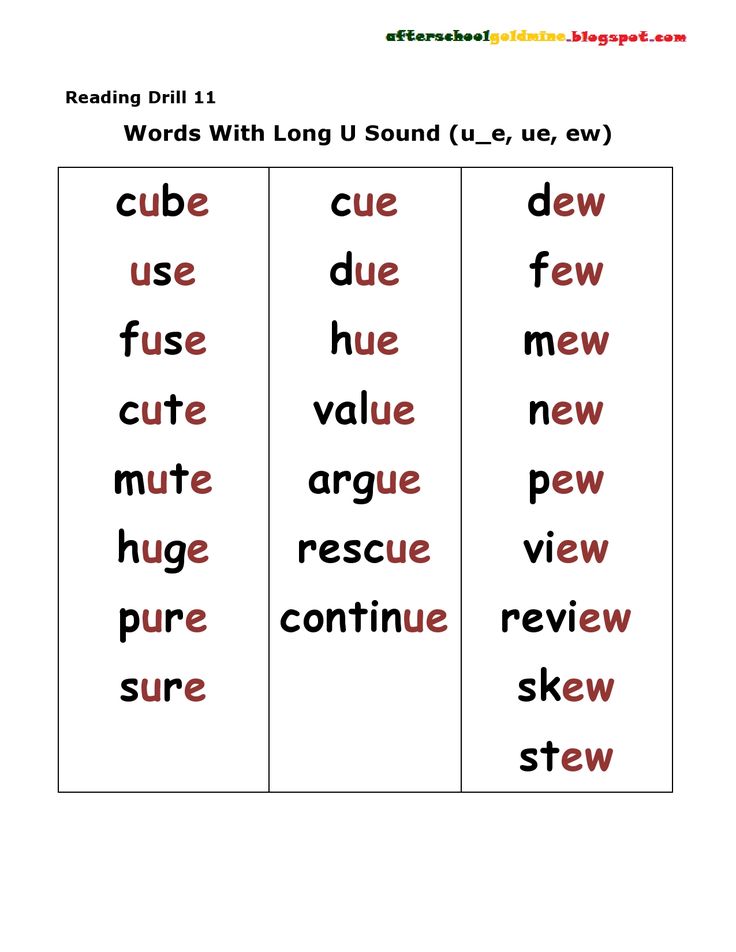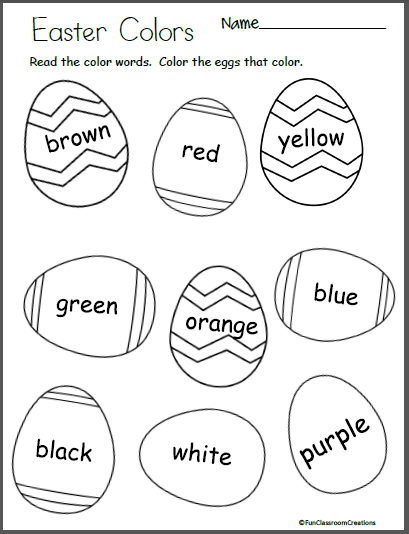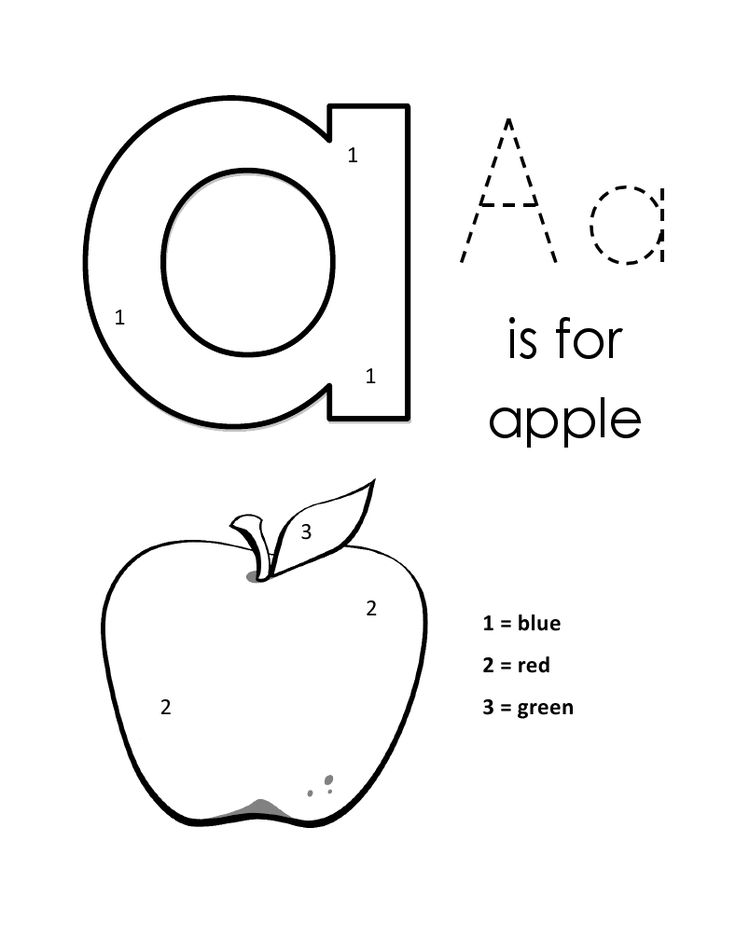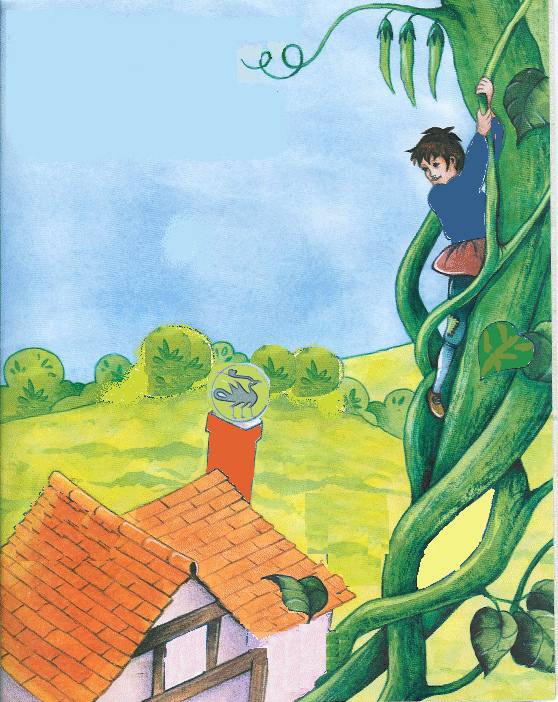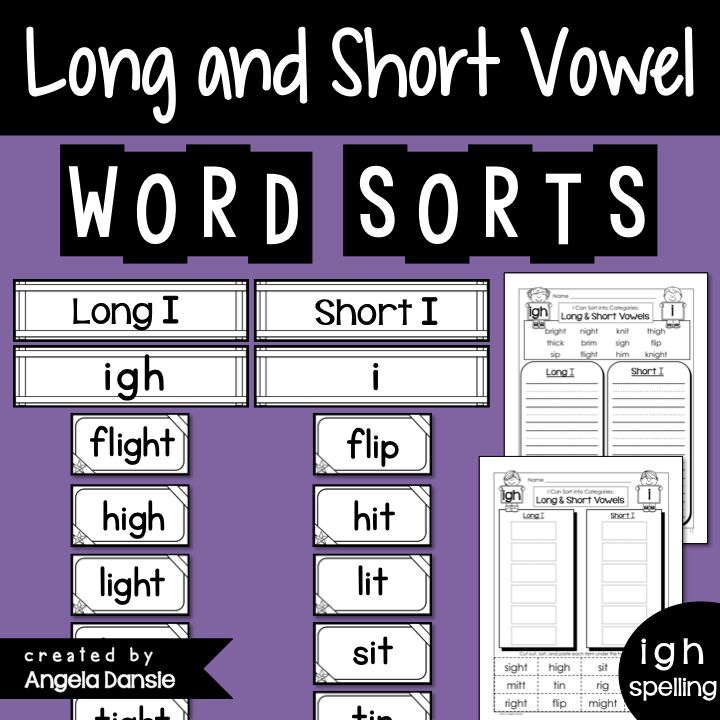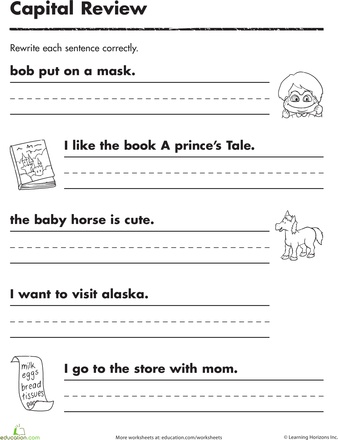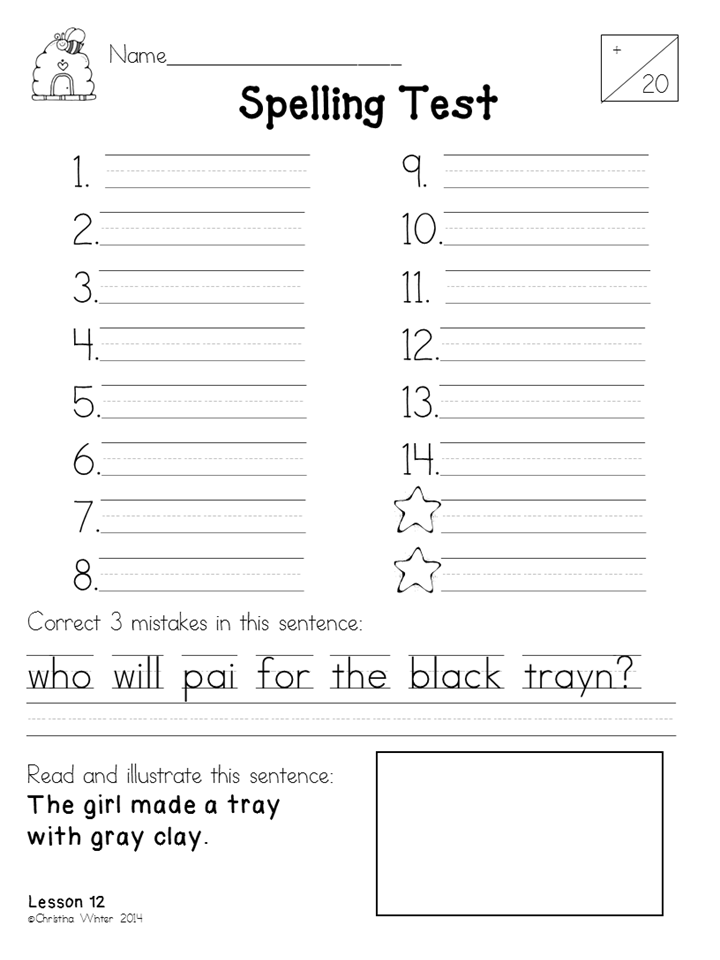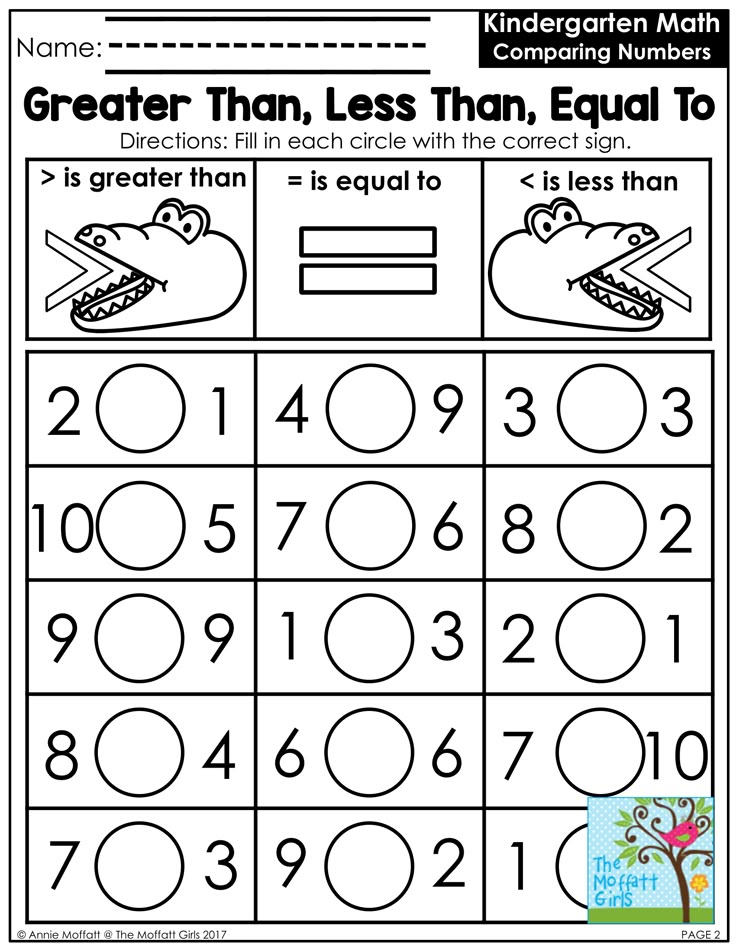Word with long a sound list
Long Vowel Sounds: Word Lists & Activities
Phonics | Spelling
ByDelilah Orpi
This post may contain affiliate links, and I will earn a commission if you purchase through these links. Please read the disclosure policy for more details.
Sharing is caring!
- Share
- Tweet
In this post, I’m breaking down long vowel sounds (or long vowel words) to help you teach them when working with struggling readers and spellers.
Looking for long vowel word lists? Download all 5 of my pdf long vowel sounds word lists in my freebies library by joining my email list below.
What is a long vowel sound?
Long vowel sounds are vowels that are pronounced the same as their name. You’ll often hear teachers say that long vowels “say their name”.
Long vowels are very common but they can be tricky because there are so many spellings for each long vowel sound.
There are actually 4 ways to make long vowel sounds:
- Vowels at the end of a syllable make the long sound.
For example, in the words me and halo (ha-lo) the vowels are all at the end of a syllable so they make the long sound.
- Silent e makes the previous vowel long. The words bike and phone have a silent e at the end that makes the previous vowel long.
- Vowel teams can make the long sound. Vowel teams work together to make one sound, and usually, it’s a long vowel sound. For example, boat and meat both have vowel teams that make the long sound.
- I or O can be long when they come before two consonants. In words like cold and mind, i and o make a long vowel sound.
Long Vowel Words
Long vowel sound words are words that have vowels that say their name.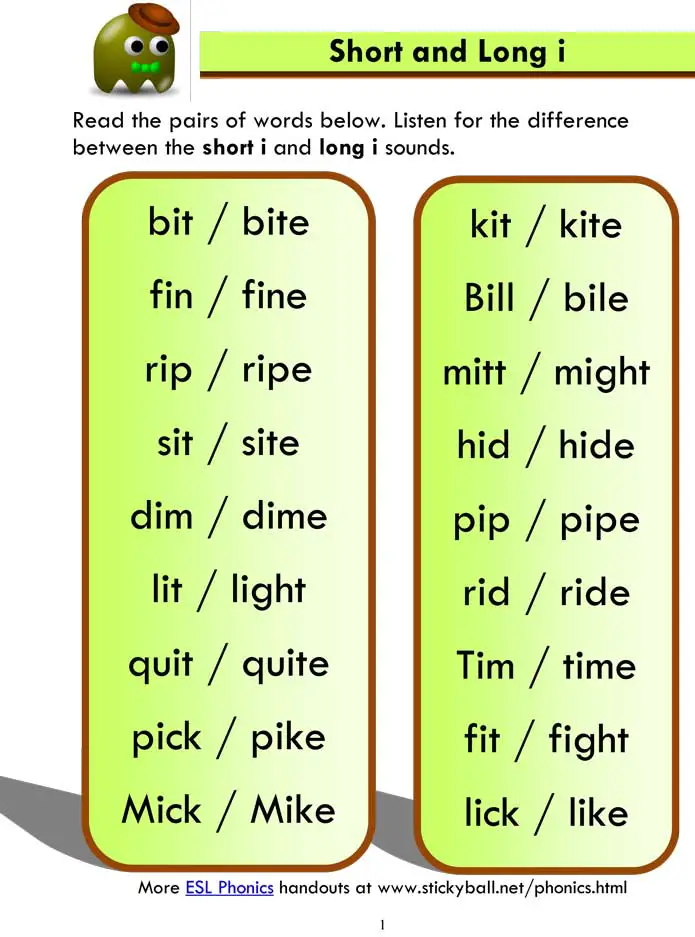 Below are a few examples:
Below are a few examples:
- Long a – baby, cake, rain, day, they, weigh
- Long e – me, eve, hear, meet, piece, candy
- Long i – silent, bike, light, my
- Long o – go, home, toe, boat, snow
- Long u – music, mule, pew, feud
Long A Sound
The long a sound can be represented by 8 different spelling patterns:
- a – baby
- a_e – cake
- ai – rain
- ay – play
- ei – reindeer
- eigh – weight
- ea – steak
- ey – they
Learn more about teaching the long a sound here, and check out my Long A Words Activities & Worksheets for printable activities.
Long E Sound
The long e sound can be represented by 8 different spelling patterns:
- e – be
- e_e – eve
- ee – meet
- ea – beach
- ei – protein
- ie – piece
- ey – key
- y – candy
For ideas, tips, and tricks when teaching the long e sound, read this post all about teaching the long e vowel sound, and check out my Long E Words Activities & Worksheets
for printable activities.
Long I Sound
The long i sound can be represented by 6 different spelling patterns:
- i – silent
- i_e – shine
- ie – pie
- igh – light
- y – my
- y_e – type
You can learn more about teaching the long I sound in this post. And check out my Long I Worksheets set in my shop for printable activities on the long i sound.
Long O Sound
The long o sound can be represented by 5 different spelling patterns:
- o – go
- o_e – phone
- oe – toe
- oa – boat
- ow – snow
You can learn more about teaching long o words and check out my long o worksheets.
Long U Sound
The long u has two sounds: yoo (/y/ /oo/) and oo (/oo/).
The long u sound can be represented by 7 different spelling patterns:
- u – music
- u_e – mule
- ue – rescue
- eu – feud
- ew – few
- oo – food
- ou – soup
Learn more about teaching the long u sound here.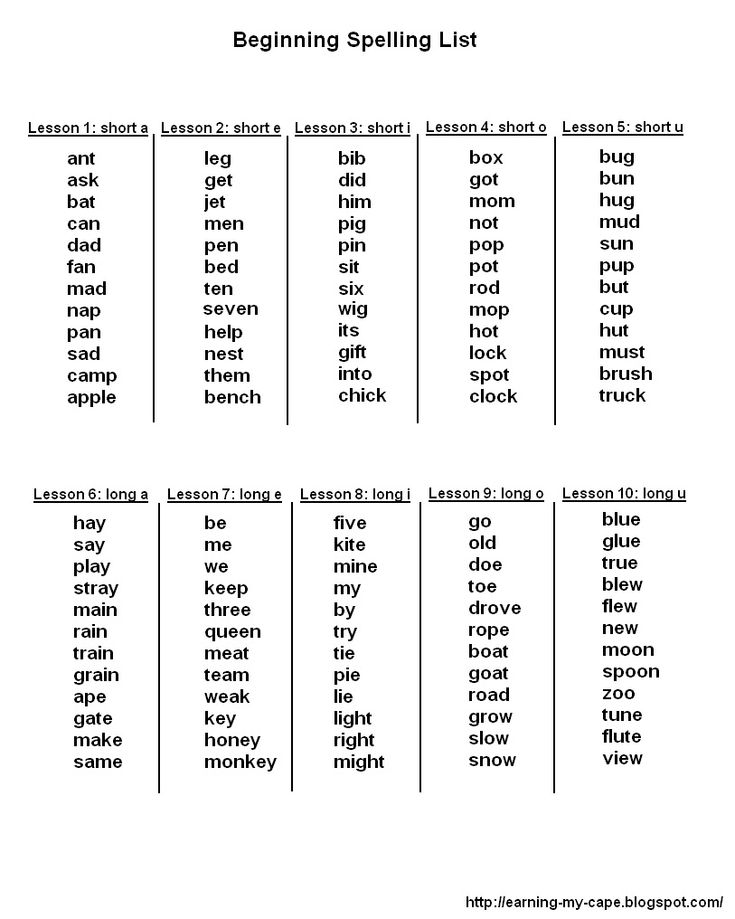
Tips for teaching the long vowel sounds
Teach one spelling pattern at a time!
I don’t mean one vowel sound, but just one spelling pattern. So for example, if you’re working on long a, you would work on the spelling pattern a silent e (cake, same, cave) until students have mastered it, then move on to ai, and so on. You should not be teaching multiple spelling patterns together, even though they make the same sound.
I know that most programs out there combine all the long vowel sound spelling patterns into one lesson, especially in spelling lists, but this does not work for struggling readers. You need to break it down for them and only do one at a time.
Teach the syllable types.
Because syllables have a lot to do with whether vowels make the short or long sound, if students do not already know the 6 syllable types then teach them along with the long vowel sound.
Here are resources for each syllable type:
- closed syllable
- open syllable
- final silent e syllable
- vowel team syllable
- r combination syllable
- consonant le syllable
Use a variety of activities to practice each spelling pattern.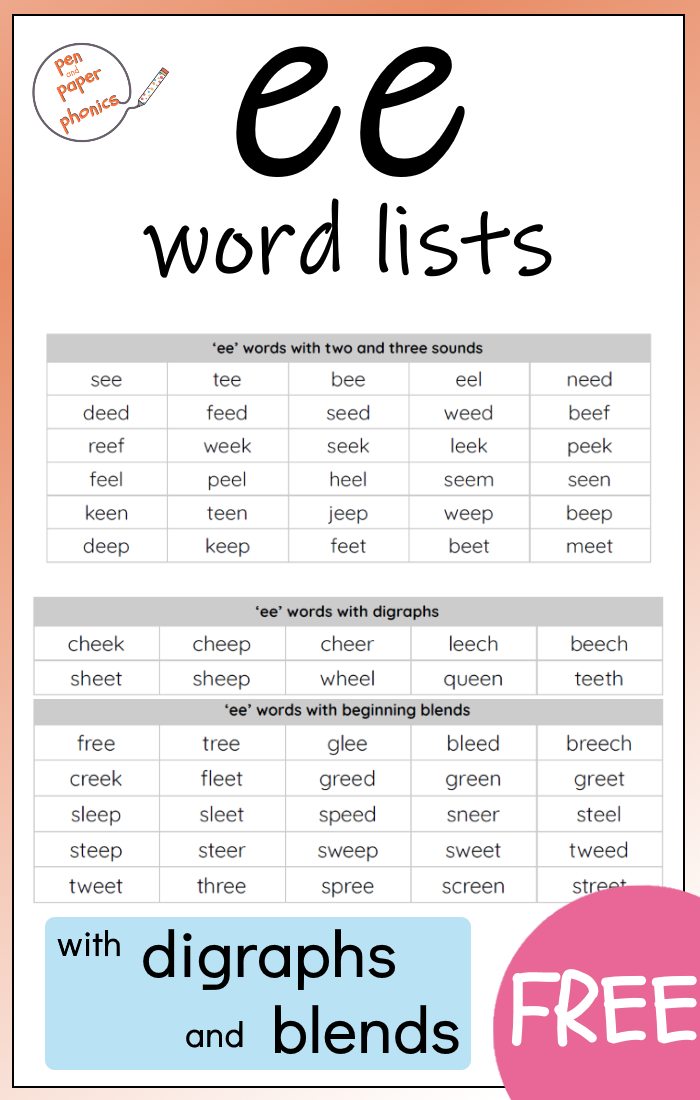
Games, dictation, word sorts, memory or matching with flashcards, word hunts, textured writing, body spelling, and bingo are all fun ways to practice the long vowel sounds.
The main activity that is often overlooked is dictation. It seems so simple but the task involves listening to a word, deciding on the spelling, and transferring that info to written form. These are all skills that struggling readers need to practice.
Teach the spelling generalizations.
Some of the long vowel spelling patterns are spelling rules that make it easy to remember.
For example, ai is usually found at the beginning or middle of a syllable, and ay is usually found at the end of a syllable. [Examples: rain, aim, play, daytime]
Here is another example with long o: oa is usually found at the beginning or middle of a word, and ow is usually found at the end. [Examples: boat, coach, snow]
Long Vowel Word List
I made these word lists to help teach the long vowels. I find it handy to have these on hand when playing phonics games or planning activities for long vowel lessons.
I find it handy to have these on hand when playing phonics games or planning activities for long vowel lessons.
Grab them for free below!
Visit my Teachers Pay Teachers shop to see all my literacy products.Want to remember this? Save Long Vowel Sounds: Word Lists & Activities to your favorite Pinterest board!
Sharing is caring!
- Share
- Tweet
Delilah Orpi
Delilah Orpi is the owner and founder of Thrive Literacy Corner. She has a Bachelor's degree in Special Education, a Master's degree in TESOL, and is a member of the International Dyslexia Association. She is an experienced educator and literacy specialist trained in Orton Gillingham and Lindamood Bell. Delilah creates literacy resources for educators and parents and writes to create awareness about dyslexia and effective literacy instruction based on the science of reading.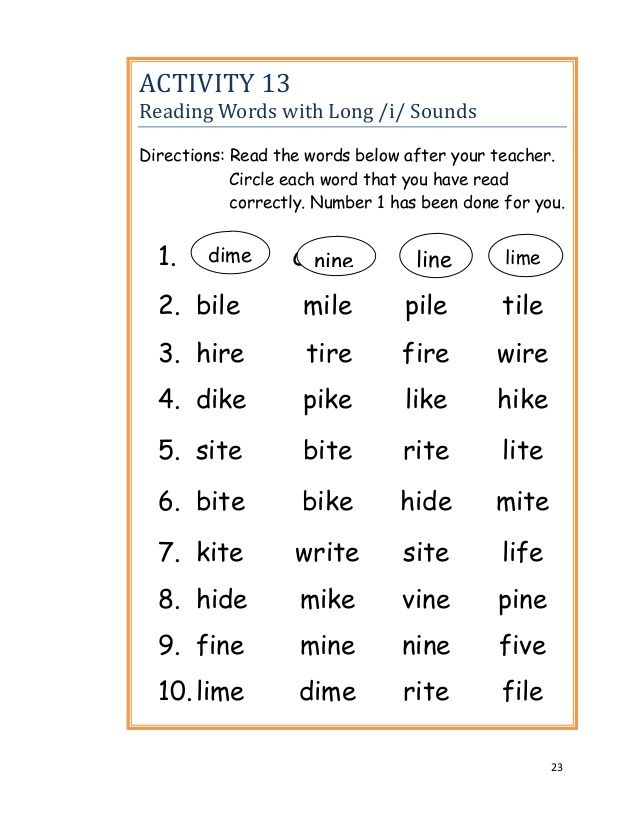
Similar Posts
Phonics | Spelling
L Blends Activities And Worksheets
ByDelilah Orpi
In this post, I share my favorite multi-sensory learning activities for L blends, along with a set of multi-sensory L blend worksheets and activities. It’s no surprise that I love to use a variety of multi-sensory activities when teaching letter blends. Multi-sensory learning is the cornerstone of the Orton-Gillingham method. Struggling learners simply learn best…
Read More L Blends Activities And WorksheetsContinue
Phonics
Syllable Division Rules: How To Divide Words Into Syllables
ByDelilah Orpi
Are you confused about how to divide words into syllables? Or maybe you’re not sure exactly how to teach your students the syllable division rules.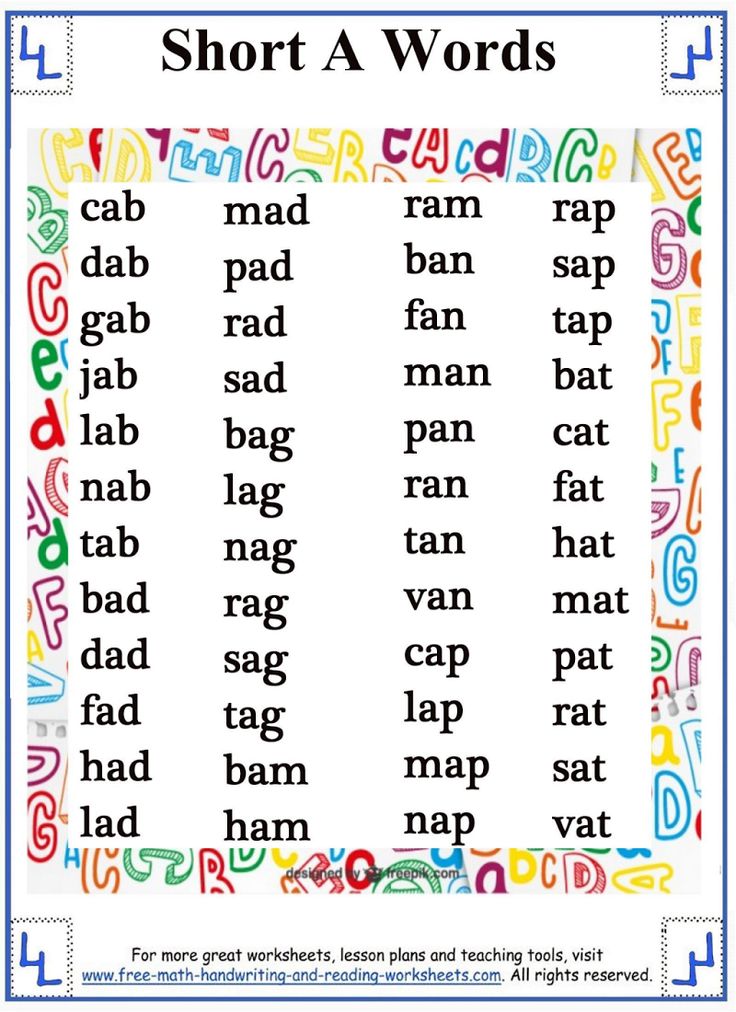 It can be tricky, but with a few simple rules, you’ll be able to do it like a pro. In this blog post, we will discuss the most common ways…
It can be tricky, but with a few simple rules, you’ll be able to do it like a pro. In this blog post, we will discuss the most common ways…
Read More Syllable Division Rules: How To Divide Words Into SyllablesContinue
Phonics | Reading Comprehension | Spelling
Highly Effective Dyslexia Interventions and Programs
ByDelilah Orpi
With dyslexia being estimated as occurring in 1 out of 5 students in a typical classroom, you might be looking for some effective dyslexia interventions and programs. Before explaining strategies you can use to help dyslexic students, you should really understand dyslexia. It is a language-based learning disability that will require a multisensory, structured language…
Read More Highly Effective Dyslexia Interventions and ProgramsContinue
How To Teach The Long A Sound - Thrive Literacy Corner
Sharing is caring!
- Share
- Tweet
Long a is another tricky sound to teach because it has many different ways to spell it.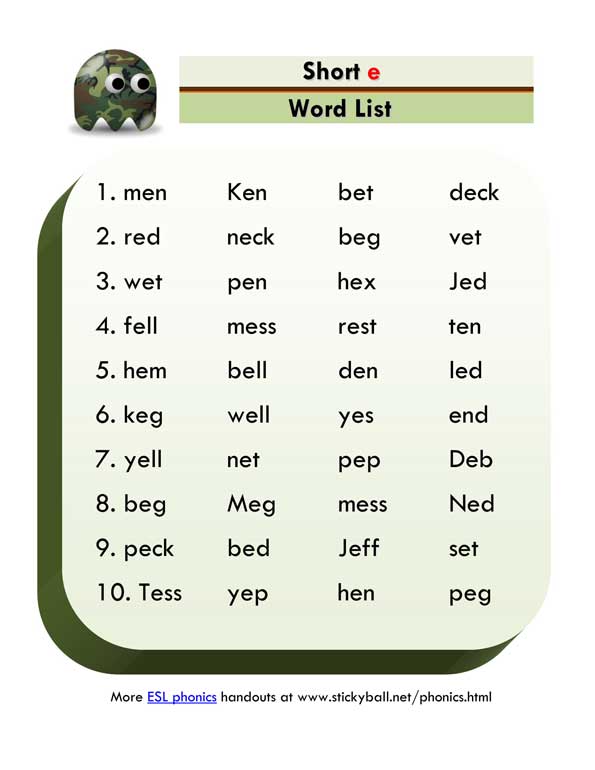 This one only has two spelling generalizations so many will depend on memory and practice. I’m going to break down each of the eight ways to spell the long a sound to help you understand and teach long a to your students.
This one only has two spelling generalizations so many will depend on memory and practice. I’m going to break down each of the eight ways to spell the long a sound to help you understand and teach long a to your students.
Looking for a long a word list? You can download the list pictured by signing up below. If you don’t see the signup form, click here.
Eight Ways To Spell Long A
The long a sound can be represented by 8 different spelling patterns:
- a – baby
- a_e – cake
- ai – rain
- ay – play
- ei – reindeer
- eigh – weight
- ea – steak
- ey – they
The majority of these are vowel teams, so students should already know the open, silent e, and vowel team syllables. Students should also be able to find the base word, as some of these rules apply to the base word even if it has a suffix.
Spelling Generalizations for Long A
A alone
At the end of an open syllable, a makes the long a sound (says its name).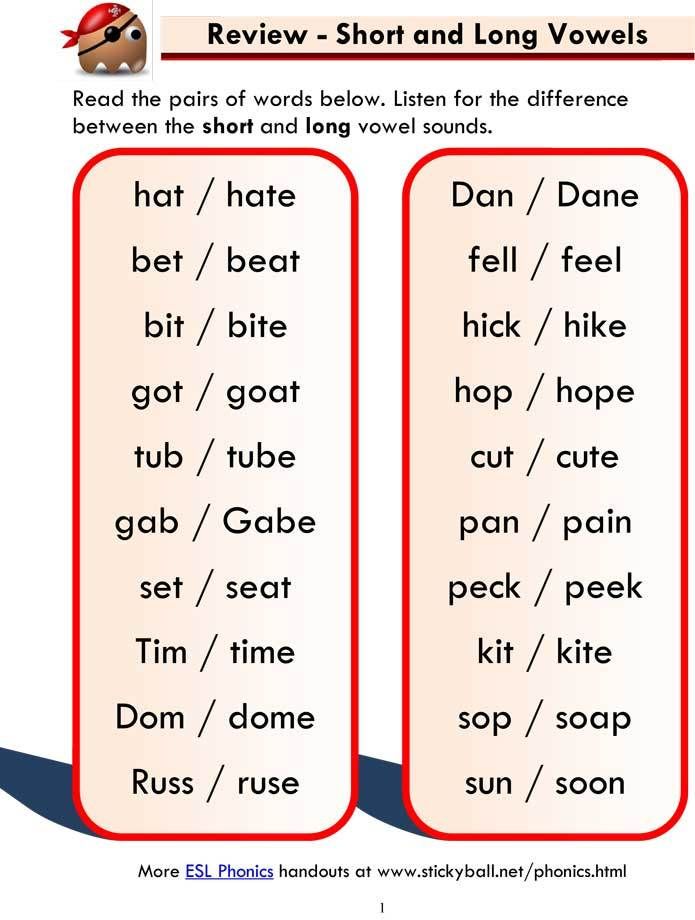 Some examples include able, apron, maple, and lady. Students must understand how to split words into syllables and know what open syllables are.
Some examples include able, apron, maple, and lady. Students must understand how to split words into syllables and know what open syllables are.
A_E Spelling Pattern
The a silent e spelling pattern is the most common one you’ll find in the middle of a base word. Examples include cake, safe, and behave. Of course, students should be confident with the magic e syllable.
AI Vowel Team
AI sometimes spells the long a sound in the beginning or middle of a base word. You will notice that most of these words end with the letter n, but this is just an observation you can share with students, not a rule!
AY Vowel Team
Ay usually spells the long a sound at the end of a base word. Examples include may and tray.
EY Vowel Team
There are only 10 commonly known words spelled with the ey phonogram at the end of the word: they, hey, grey, prey, obey, convey, purvey, survey, whey, and abeyance.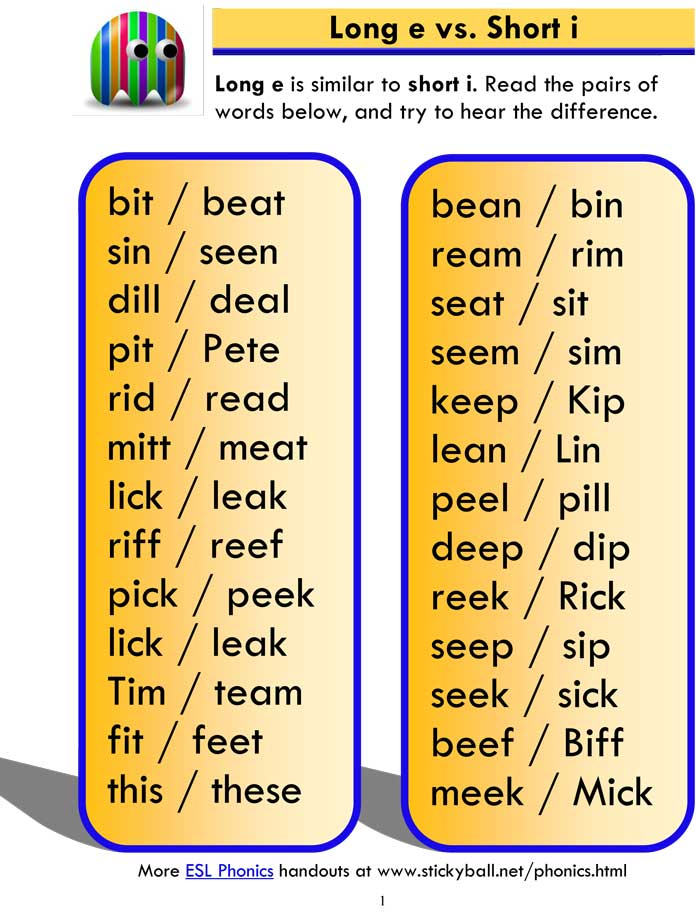 You can teach these as a group. Most other words that say long a at the end of the word are spelled with ay.
You can teach these as a group. Most other words that say long a at the end of the word are spelled with ay.
EI Vowel Team
The EI spelling pattern for long a is not very common. There is no rule for this spelling pattern. Examples include rein, beige, and heir.
EIGH
EIGH can spell the long a sound at the end of a word. This is another uncommon option. Examples include eight and weigh. Teach these as a group.
EA
This is by far the least common way to spell the long a sound. I would also teach these words in a group: steak, great, break. Then you have the EA+R words like bear, tear, wear, pear, and swear.
Tips For Teaching The Long A Sound
When you start teaching long a, you really have to focus on spelling generalizations, homophones, and homographs. Teach one spelling pattern at a time, and once one is mastered you can add in another. It’s much easier to learn how to read these than to learn how to spell.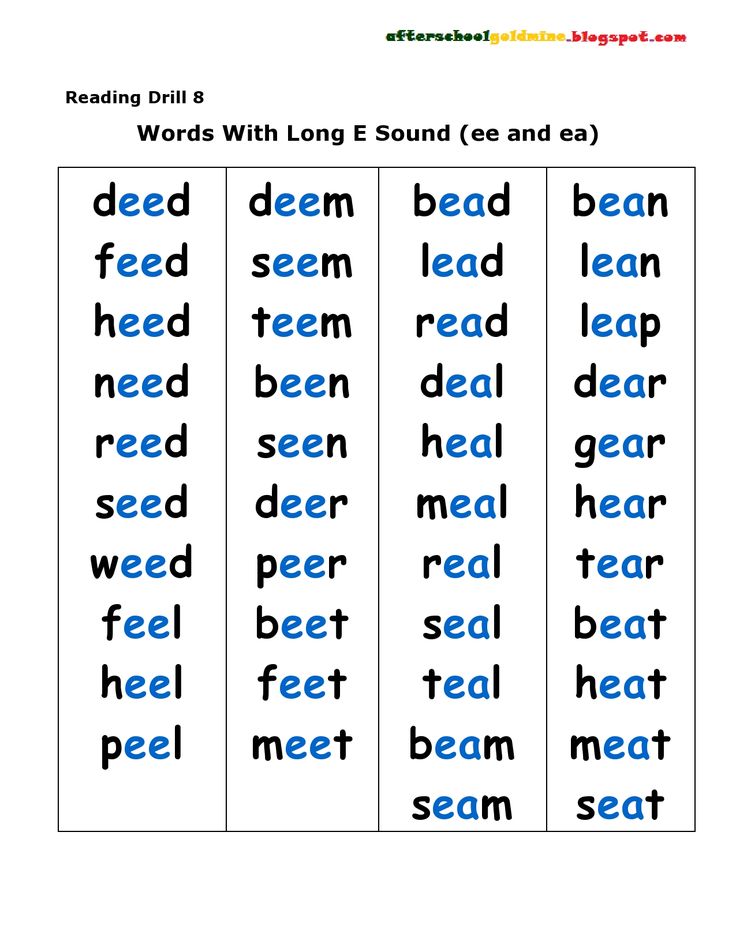 Since they all sound the same and can appear in the same place, choosing the right spelling pattern can be tricky.
Since they all sound the same and can appear in the same place, choosing the right spelling pattern can be tricky.
Teach the process for deciding on the spelling pattern.
Once students are familiar with all the options for spelling long a and they know open syllables and the silent e syllable, you can teach them the process for determining the spelling pattern a word has.
When students come across a word with long a and they need to figure out which spelling pattern to choose, here are the questions they can ask:
- Is there more than one syllable?
- Is there a base word?
- Where is the long a sound in the word?
- Could this be one of those rare spelling options?
Students should first break the word into its syllables, and go through the questions.
This will take some practice so try going through a set of words with your students a few times, then have them do some more on their own. This is the same process they will use with other long vowel sounds so it’s a great skill for them to have.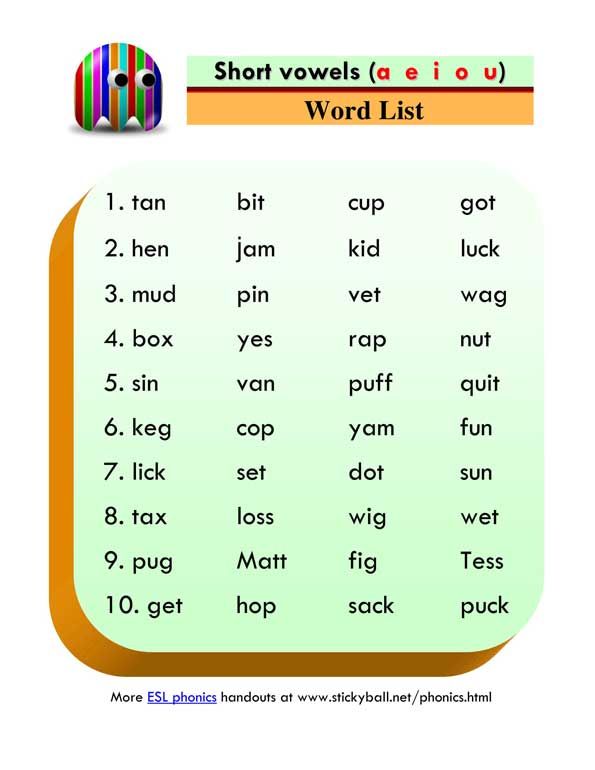
Also, because there are multiple options expect students to get them wrong sometimes, and tell them this! It’s ok if they make mistakes as long as it’s another valid spelling option and not something that doesn’t follow any rules. Through repeated exposure and practice they will eventually internalize the correct spelling pattern for words.
Long A Activities & Lesson Ideas
Phoneme Grapheme Mapping – This is a great activity that really isolates the phonograms for students to practice. You can get the Phonics & Spelling Through Grapheme Mapping book and follow the long a lesson, or use my long a word list to do the same activity using sound boxes. See below for examples.
SOS – If you don’t already know what Simultaneous Oral Spelling is, then check out this post here. I love this multisensory spelling method for practicing spelling. And you can do this whole class or one on one making it really easy to use in any setting.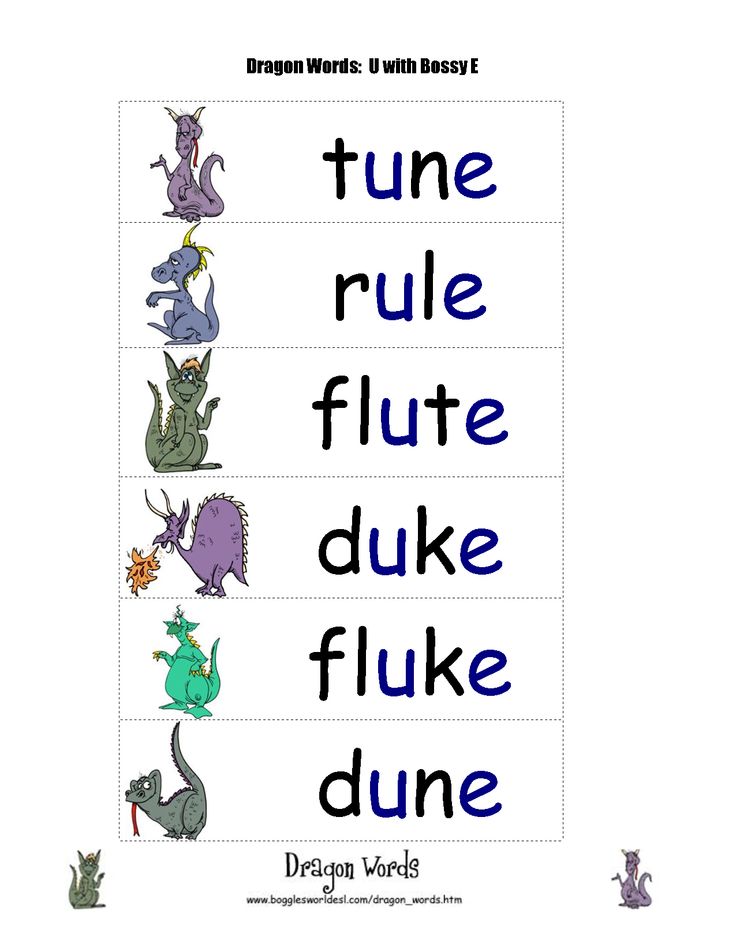
Dictation – This is another fantastic activity but I would do this after you have spent some time on long a because it is harder for students. Also when dictating words, give students a clue about the spelling such as telling them it’s a vowel team or open syllable. I often dictate words that all have the same spelling pattern to avoid these problems.
Sorting – Sorting is always a good idea when you have multiple options for spelling. You can play matching games like memory, just sort them into piles/columns, or create any game that requires sorting by spelling pattern. This builds phonemic awareness so it’s always a good activity for all students.
You can also sort by color coding the vowel team or spelling pattern in the words. I took the list from the SOS activity, then had my student highlight each vowel team in a specific color to more visually show the groups.
I include 3 different sorting activities for the long a sound in my Long A Worksheets & Activities set.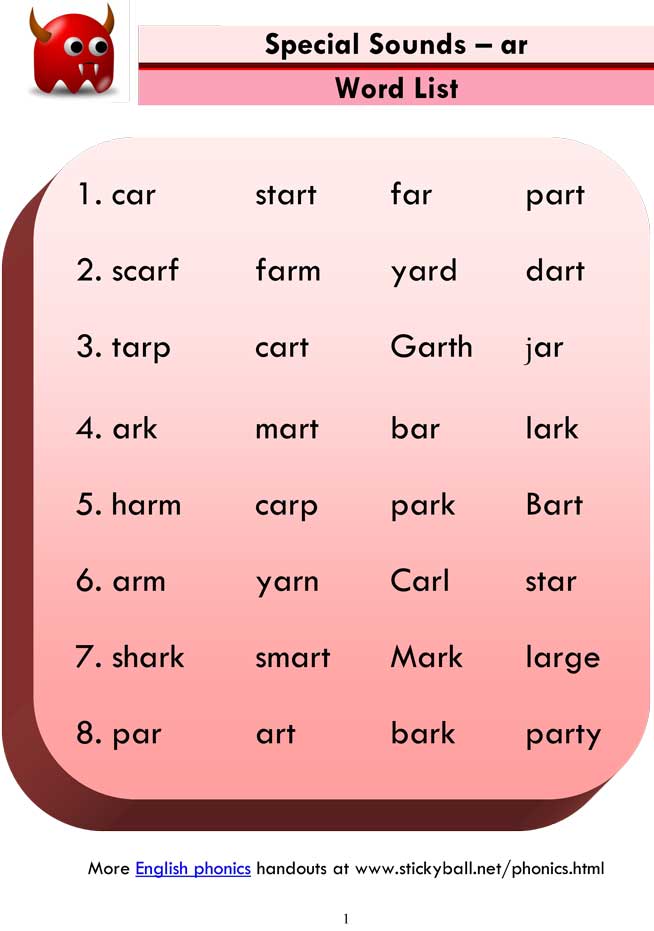
Picture cue cards – Create visual graphics of tricky words, homophones, and homographs. These picture cues really help students remember which pattern to use. I suggest you make these using index cards and keep them in a baggie or box for reference. See an example below (it’s for a long o sound but you get the idea).
Games – Of course, I always include games because it’s just so easy to add a stack of flashcards to any game and make it educational! Use an easy to play board game where students need to pick up a card on their turn and add a task like reading the word aloud and sorting it, or asking another player to spell it, or even something as simple as having them air write the word after reading it aloud. Or print off teacher-made games and worksheets in my Long A Worksheets & Activities set.
Constant Review – Remember to keep these spelling patterns in constant review after they are learned, so they are not forgotten. Using a sound wall or phonogram drills are great ways to do this without it taking up a lot of time. The set below includes 16 different activities that focus on the long a sound to help students get enough practice and review.
Using a sound wall or phonogram drills are great ways to do this without it taking up a lot of time. The set below includes 16 different activities that focus on the long a sound to help students get enough practice and review.
Want to remember this? Save How To Teach The Long A Sound to your favorite Pinterest board!
Sharing is caring!
- Share
- Tweet
The longest words in the Russian language
The Russian language is considered quite difficult, compared, for example, with German or English, although Scandinavian languages are probably in the first place in terms of the degree of difficulty in pronouncing words.
There are many long words in it. If we talk about the longest, then in the Guinness Book of Records the longest word in the Russian language is declared "X-ray electrocardiographic" , it has 33 characters.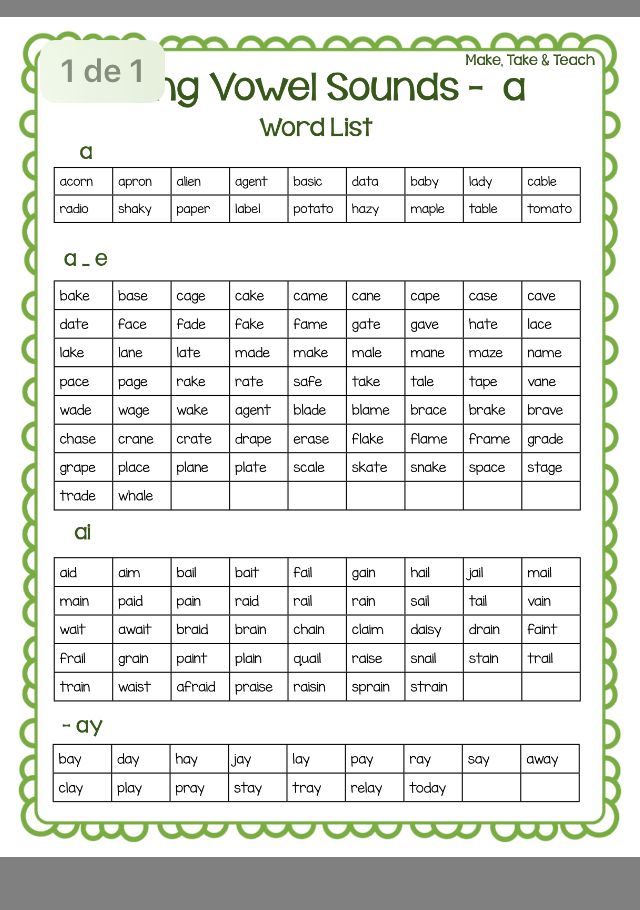 It was the record of 1933. And in 2003 it was replaced by a word of 35 characters - "highly contemplative" .
It was the record of 1933. And in 2003 it was replaced by a word of 35 characters - "highly contemplative" .
Chemistry is a storehouse of the longest words
Although their leadership is formally recognized, in analytical chemistry there are simply huge names of substances, since they are built according to a certain scheme. For example, the adjective "tetrahydropyranylcyclopentyltetrahydropyridine" consists of 55 letters. Or "methoxychlorodiethylaminomethylbutylaminoacridine" - 44 characters.
Another example: the prefix "great-" can be used in a concept that indicates the degree of relationship, many times - "greatgreatgreatgreatgreatgreatgreatgreatgreatgrandfather" . Theoretically, this word can be stretched indefinitely. Word formations from numerals that denote certain quantities can also be extremely long: “thousand nine hundred and seven six centimeter networks” - 43 characters. However, regarding all these examples, philologists are still arguing whether to consider them the longest words in the Russian language.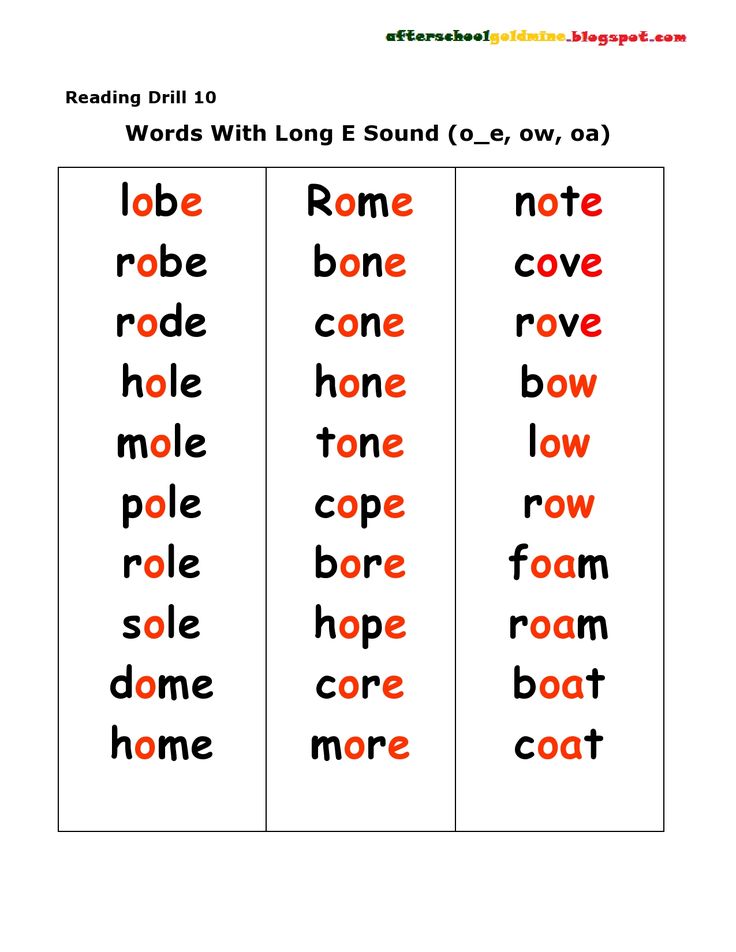 They are not universally used, and the possibility of making endless designs distinguishes them from the bulk.
They are not universally used, and the possibility of making endless designs distinguishes them from the bulk.
The longest verbs and other parts of speech
If we talk about verbs, then the longest words are “re-examine” and “internationalize” , they contain 24 letters, if you form word forms with an ending from them, for example , "-ing" , then you get 25 letters. In the longest nouns - "misanthropy" and "excellency" - also 24 letters each - you can create word forms in the plural, and you get 26 letters (although the first word is not used in the plural). Among animate nouns, the most letters - 21 each - in words "eleventh grader" and "clerk" . The longest interjection recorded in Russian dictionaries is "physical education hello" .
We are used to the fact that prepositions and conjunctions are short words, but the word “respectively” falls out of the general row, it has 14 letters.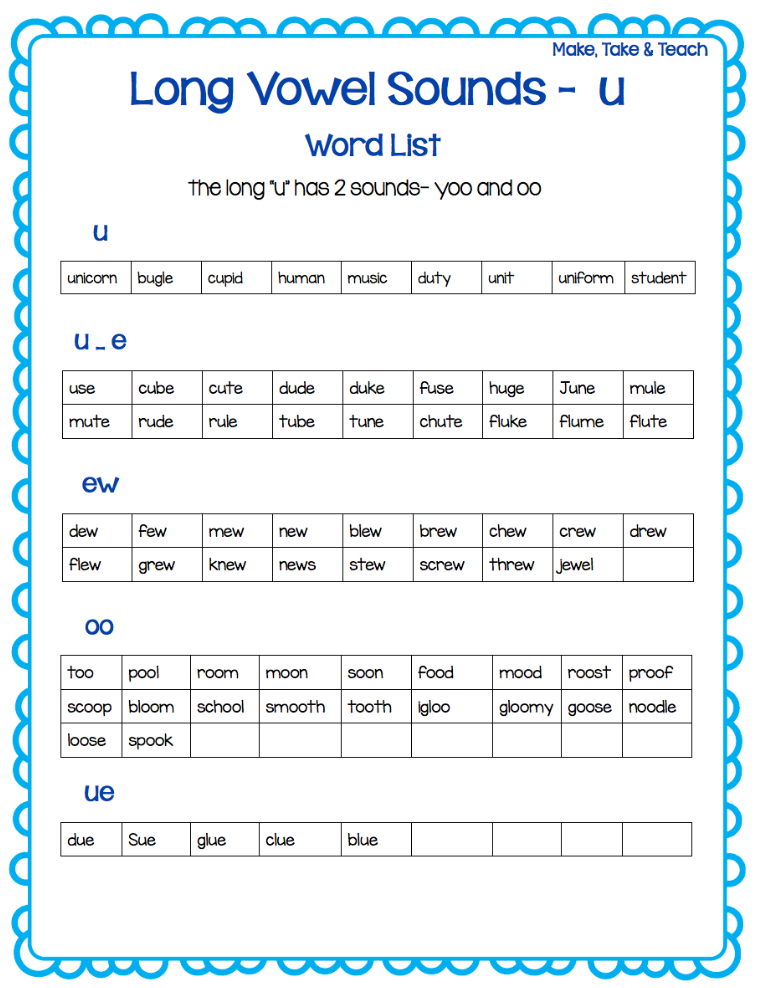 The situation is similar with adverbs - there is only one long adverb "unsatisfactory" , consisting of 19 letters.
The situation is similar with adverbs - there is only one long adverb "unsatisfactory" , consisting of 19 letters.
Some argue whether nouns and adjectives with hyphens can be considered as the longest words in the Russian language, because they are “glued together” artificially, but still let's pay attention to them: in word "agricultural engineering" - 38 characters, and in "stubber-bulldozer-loader" - 31. Similar words include an adjective (although it is without a hyphen) "electrophotosemiconductor" - 28 characters and "water and mud peat paraffin treatment » - 29 characters. The longest food word formation - out of 38 characters - "bread sausage kindly productive" . The word is funny, but at the same time noted in an authoritative source - the spelling dictionary of the Russian Academy of Sciences (responsible ed. V. V. Lopatin).
The longest words in literature
If we recall classical literature, Nikolai Leskov has in one of his popular stories the word “in a wise way” .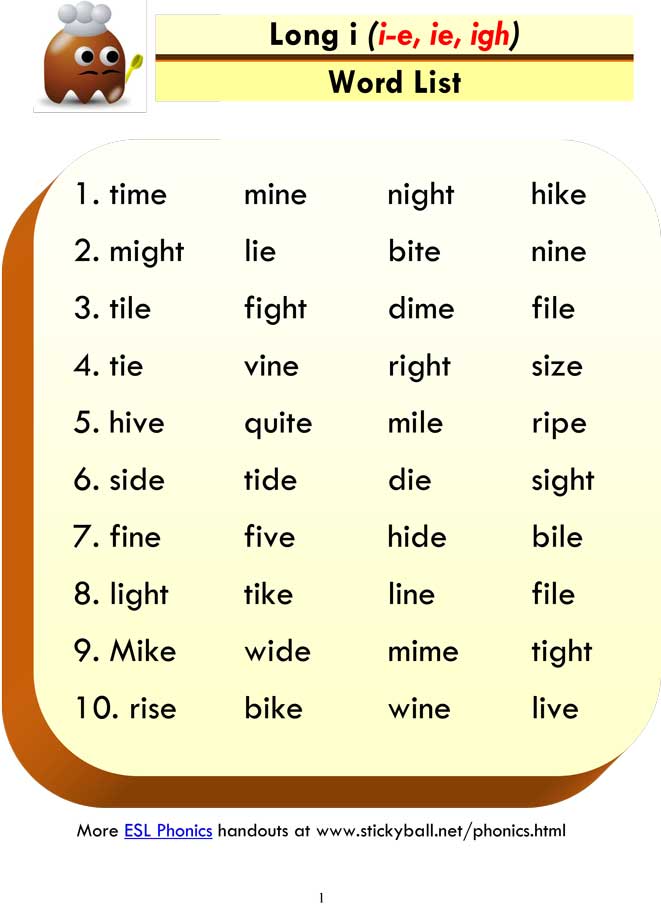 Interestingly, no one can reliably explain what it means - most likely, Leskov himself invented it.
Interestingly, no one can reliably explain what it means - most likely, Leskov himself invented it.
Probably the longest abbreviation will also make an indelible impression on you: "NIIOMTPLABOPARMBETZHELBETRABSBORMONIMONKOH-OTDTEHSTROMONT" . We will not list the full name of this institute - it will take a whole paragraph. Imagine how difficult it was for the employees of this scientific institution to name their position or place of work if necessary.
An interesting fact - there is an extremely long word for phobia - the fear of just long words! It sounds like this: hippopotomomonstrosesquippedaliophobia (37 characters). By the way, this is actually a Latin term "hippopotomomonstrosesquippedaliophobia" , which is recognized as the longest word in the world.
The most difficult words
Many interesting facts can be found about the most difficult words in the Russian language. For example, it is generally accepted that three "e" are only in the word "long-necked" .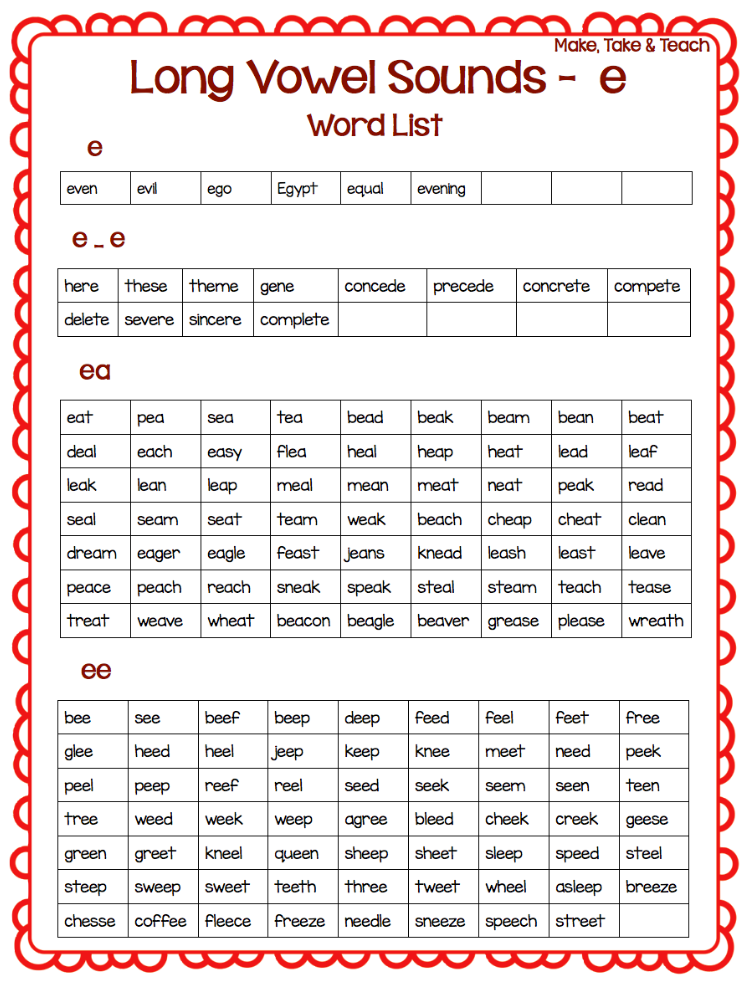 Meanwhile, there is also snake-eater . You can also find words starting with “Y” in dictionaries - “Ytyk-kuyol” , “Ygyatta” , “Ynykchansky” and so on. All of them are difficult to pronounce due to unusual combinations of letters for us. There are plenty of other difficult-to-pronounce words in the Russian language. They are especially inconvenient for announcers or lecturers, whose job is just to pronounce texts aloud. In particular, these words include the words "benefited" , "preceded" , "participated" , "beneficial" , "Novodolashsky" . The words "euphemism" , "county palatine" , "pre-holiday" cannot be called simple either.
Meanwhile, there is also snake-eater . You can also find words starting with “Y” in dictionaries - “Ytyk-kuyol” , “Ygyatta” , “Ynykchansky” and so on. All of them are difficult to pronounce due to unusual combinations of letters for us. There are plenty of other difficult-to-pronounce words in the Russian language. They are especially inconvenient for announcers or lecturers, whose job is just to pronounce texts aloud. In particular, these words include the words "benefited" , "preceded" , "participated" , "beneficial" , "Novodolashsky" . The words "euphemism" , "county palatine" , "pre-holiday" cannot be called simple either.
This is how it is - the Russian language, rich in long words.
Publication author: Ilya Katin .
Source: Livelib.ru
how to identify and how to fight
Parasites are short, nonsensical words (or sounds) that people use to fill small gaps in speech.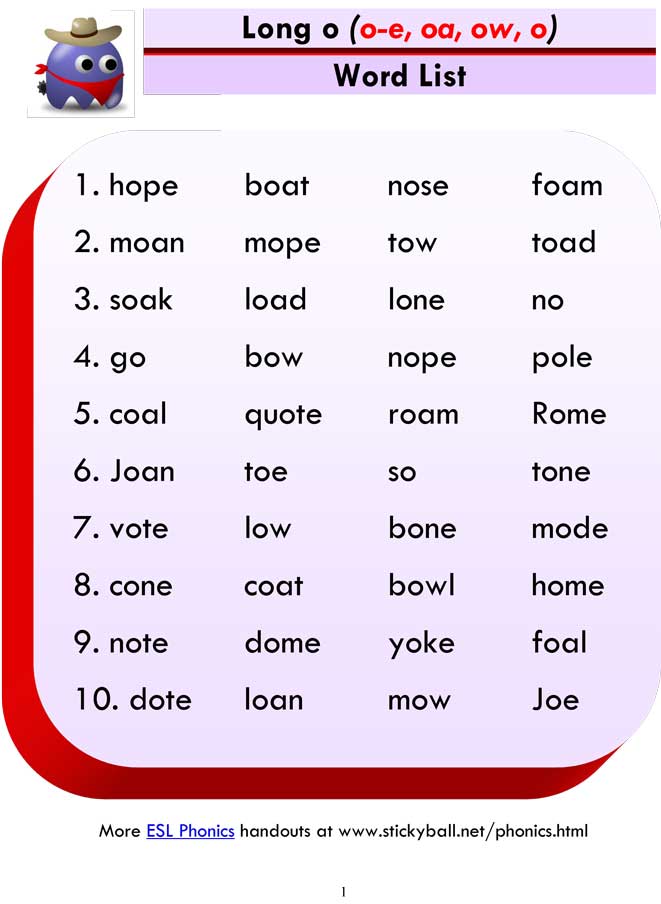 They arise when we decide what we are going to say next. There are parasitic words in most languages of the world, as they perform a useful function - they fill the gaps, with them speech seems more natural. Without parasitic words, conversational communication is hardly possible, because speech will be “lifeless”. However, too frequent use of such words leads to littering of speech, making it ugly and ponderous. Parasitic words make speech frivolous, fuzzy and uninteresting, creating a bad impression on the interlocutor. Close people they do annoy.
They arise when we decide what we are going to say next. There are parasitic words in most languages of the world, as they perform a useful function - they fill the gaps, with them speech seems more natural. Without parasitic words, conversational communication is hardly possible, because speech will be “lifeless”. However, too frequent use of such words leads to littering of speech, making it ugly and ponderous. Parasitic words make speech frivolous, fuzzy and uninteresting, creating a bad impression on the interlocutor. Close people they do annoy.
Here is a list of common parasitic words:
- like ;
- so ;
- shorter than ;
- type ;
- in principle ;
- well ;
- means ;
- understand ;
- valid ;
- actually.
In public speech, in speeches, parasitic words have a particularly negative impact.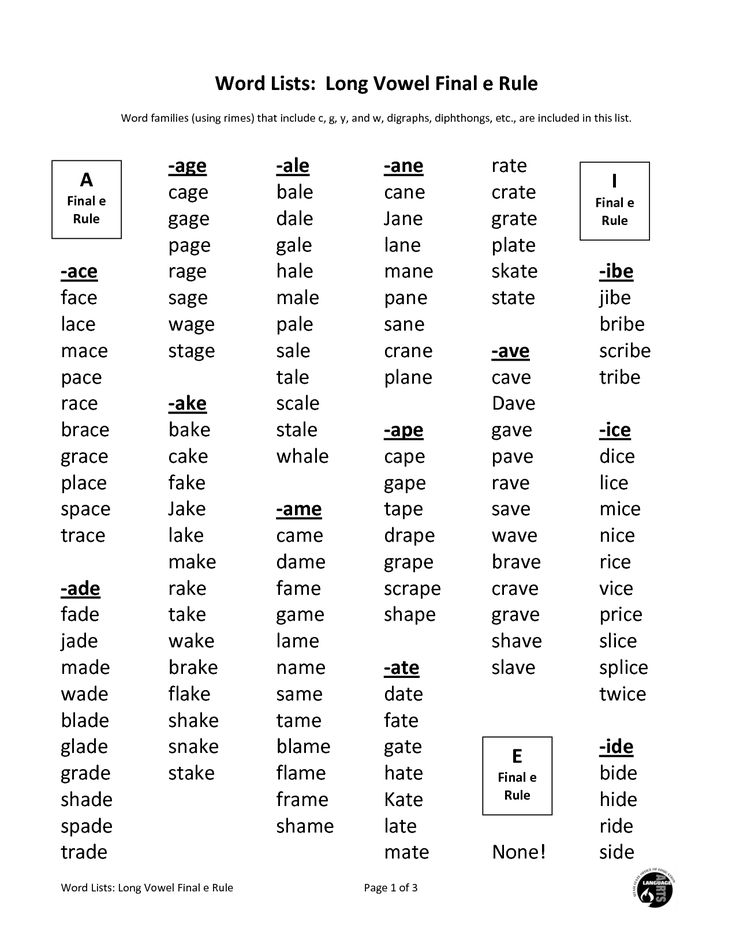 To communicate your message effectively, you must engage your audience. When you overuse buzzwords, your audience is less likely to focus on your speech. Parasitic words get in the way of making stories emotional and engaging.
To communicate your message effectively, you must engage your audience. When you overuse buzzwords, your audience is less likely to focus on your speech. Parasitic words get in the way of making stories emotional and engaging.
If you want your audience to understand your message, you need to make it logical and easy to understand. Unfortunately, filtering a speaker's message with a lot of junk words requires too much cognitive effort. Therefore, people switch to an easier cognitive task, such as thinking about their business.
How to identify the parasite words
First you need to start looking for your favorite junk words. Sometimes this is a rather complicated process, since we use them unconsciously. Therefore, record your speech on a voice recorder or camera, and then listen and analyze the recording. You can also ask friends and family to talk about your most commonly used parasitic words. Pair your junk words with small actions. Any time you catch yourself saying something like “like,” tap your foot or ask a loved one to clap or snap their fingers.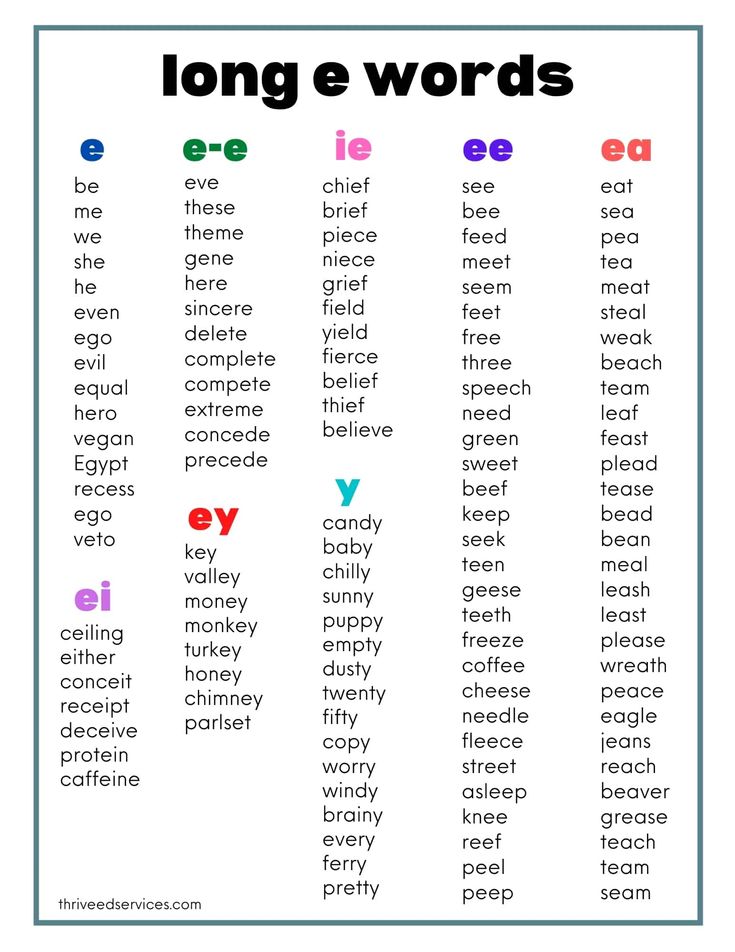 So you can quickly track down all parasitic words.
So you can quickly track down all parasitic words.
After analysis, it is important to understand why parasitic words appeared in your speech. It is believed that the prevalence of parasitic words in speech depends on intelligence and erudition. However, it is not. Most likely, you have examples of familiar professors of educational institutions whose speech is filled with garbage words. So why do we use parasitic words?
Search for the right word or thought. Parasitic words voice the process of our thinking. This is how we unconsciously indicate that we are currently in the process of thinking and our speech flow has stalled. At the same time, this can be a kind of social signal that you will soon start talking again and you do not need to be interrupted.
Discourse on an abstract topic. During lectures, teachers of the humanities use parasitic words significantly more than teachers of the sciences. This is because it is more difficult for people to share abstract ideas.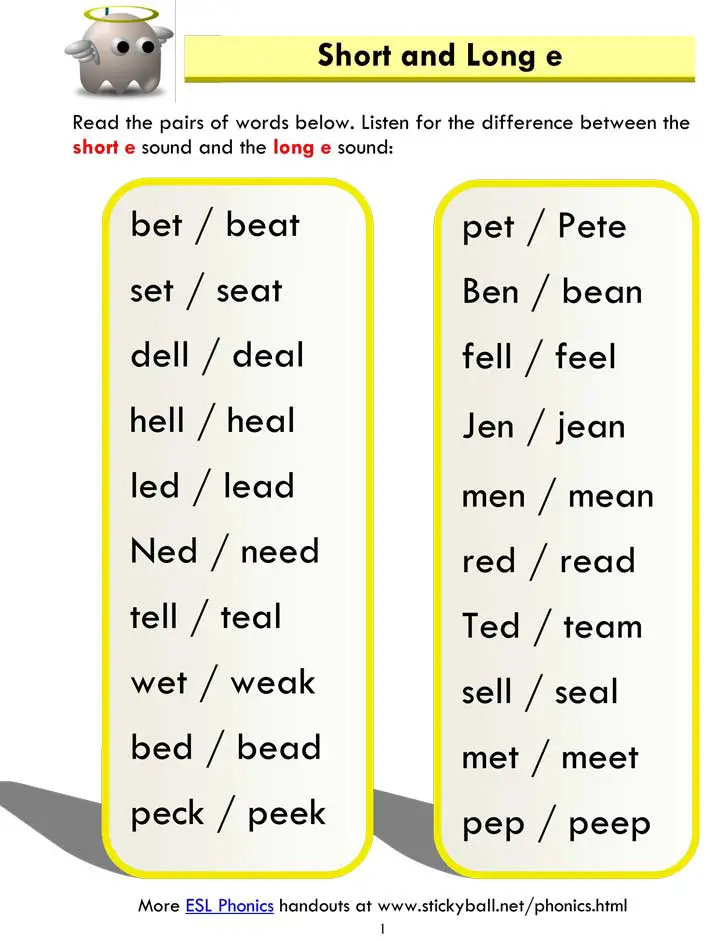
Lack of confidence in what we want to say. Often presenters use too many junk words before answering a question, especially if they are not 100% sure of their answer.
Fast speech rate. Some people talk too fast, as their process of preparing a thought for presentation is rather short. Others, on the contrary, prepare the thought for much longer and use a lot of parasitic words to convey information.
You may also have personal triggers that cause you to use incorrect speech patterns as soon as spontaneous speech begins. Maybe you don't know something, trying to find the right words or make a first impression. It is also possible that the situation worsens during moments of low tension, such as during lunch with friends or family, because at that moment you are completely relaxed and are with people who love you unconditionally. While you can't prepare impromptu conversations, knowing which situations exacerbate your negative habits is a good start to speech development.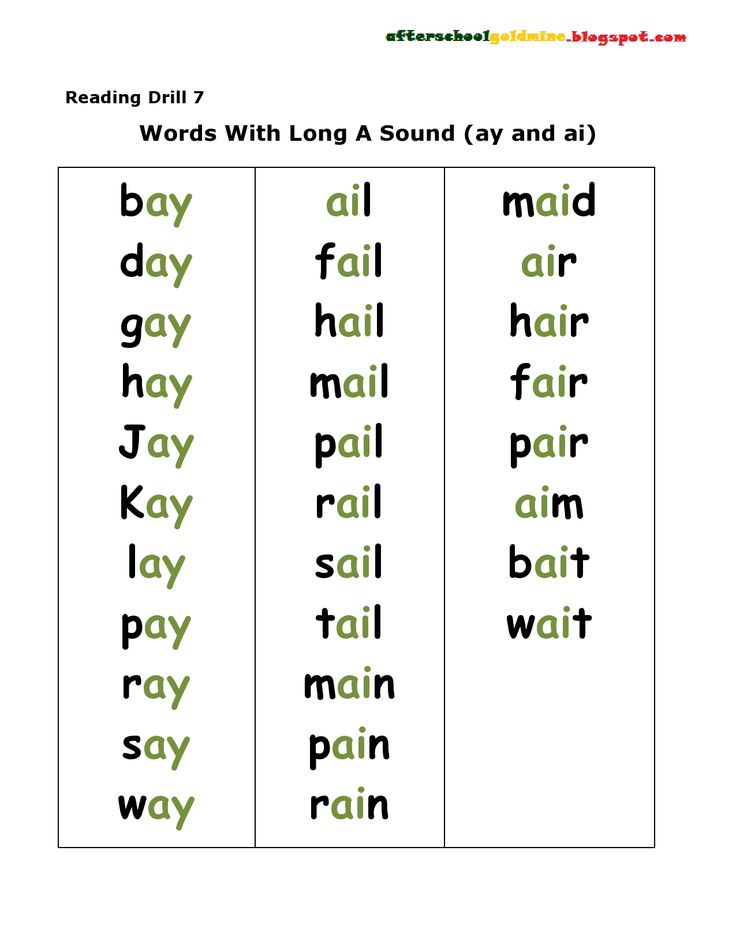
How to get rid of parasitic words
Pause in speech. The best way to get rid of parasitic words is to think for a couple of seconds about what you want to say. Don't start talking until you're ready. It is clear that long pauses in speech make it unnatural, but short pauses do not have to be filled with unnecessary words. In addition, you will be surprised with how much attention they will listen to you.
Research shows that most conversational speech consists of short (0.20 seconds), medium (0.60 seconds) and long (more than 1 second) pauses. However, good speakers often pause for two or three seconds or even longer. Pauses are not so easy to accept. For many people, even the briefest pause in their speech can feel like an endless silence. This is because we tend to think faster than we speak. Because of this discrepancy, when you are talking or speaking, your perception of time is distorted, and what seems like an eternity in your mind is actually a few seconds maximum for the audience or interlocutor.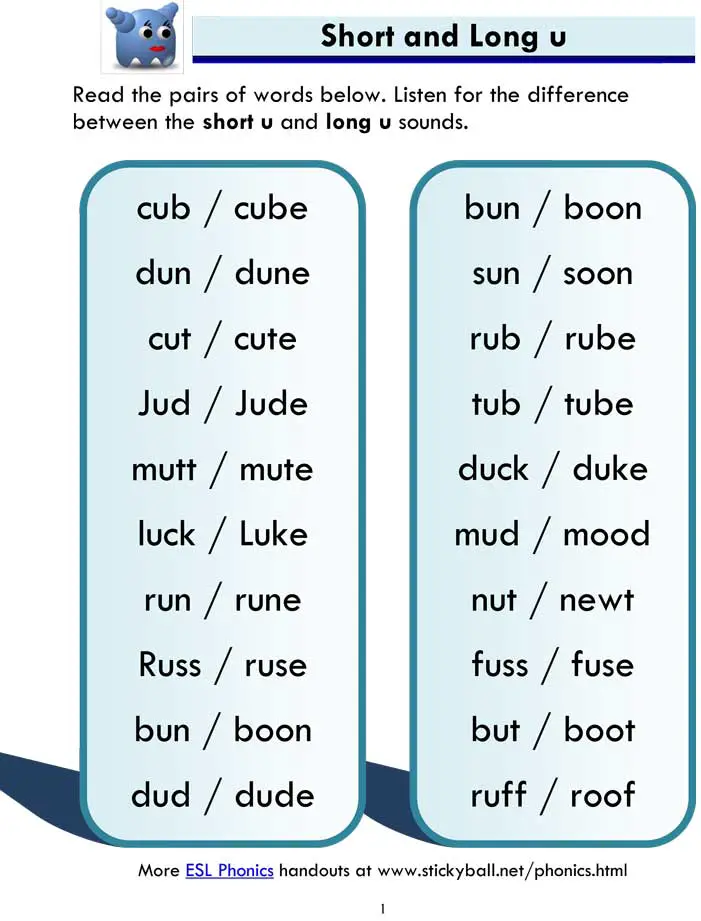
Use simple and short sentences. The longer and more complex the sentence, the more likely it is to use parasitic words.
Short sentences help you get your point across without the listener having to process a lot of information. Short sentences sound much more confident and convincing, they convey information better.
Don't be afraid to speak slowly. When you speak quickly, your brain starts to overload and parasitic words pour in from a cornucopia.
Calm down. Not only is public speaking stressful, but simple conversation, especially with strangers, is a great challenge for some. As for performances, rehearse it as often as possible. The less prepared you are, the more nervous you will be, which will likely make you speak too fast, puzzle over words, and forget what's coming next. It is not at all necessary to memorize the text, you just need to repeat it as often as possible so that it develops in your head into a clear and complete picture. On average, the optimal ratio is one hour of practice for every minute of performance.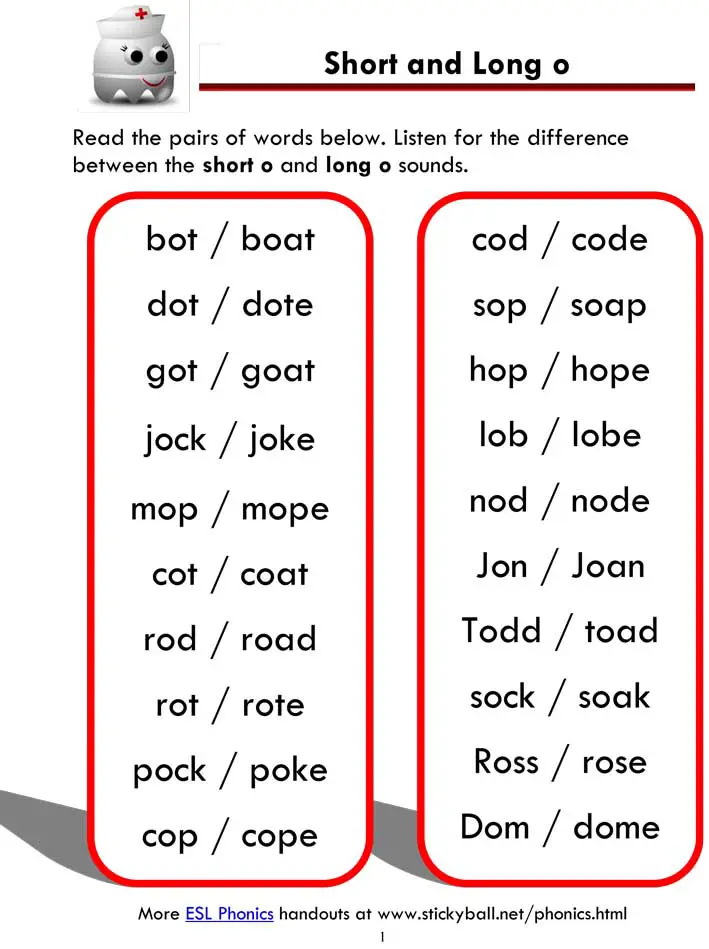 With unplanned communication, everything is much more complicated. However, slow breathing can be a good way. Breathing in is a good option when you need to stop for a split second and come up with an answer. This will make you seem much more confident and collected.
With unplanned communication, everything is much more complicated. However, slow breathing can be a good way. Breathing in is a good option when you need to stop for a split second and come up with an answer. This will make you seem much more confident and collected.
Read aloud and retell. Reading fiction aloud helps to improve the manner of speech, remove tongue-tied tongue. And retelling will allow you to enrich your speech with new words.
Conclusion
We hope that at least one of the strategies will resonate with you. Feel free to try what you think suits you best. Or even combine several ways together. Usually the most difficult thing is to understand that the problem exists. When you know you're using stray words too much, you just need to make a conscious effort to reduce them in your speech. The good news is that for most people this is an easy habit. During the first days, parasitic words may still slip and appear in your speech, but soon it will improve significantly.